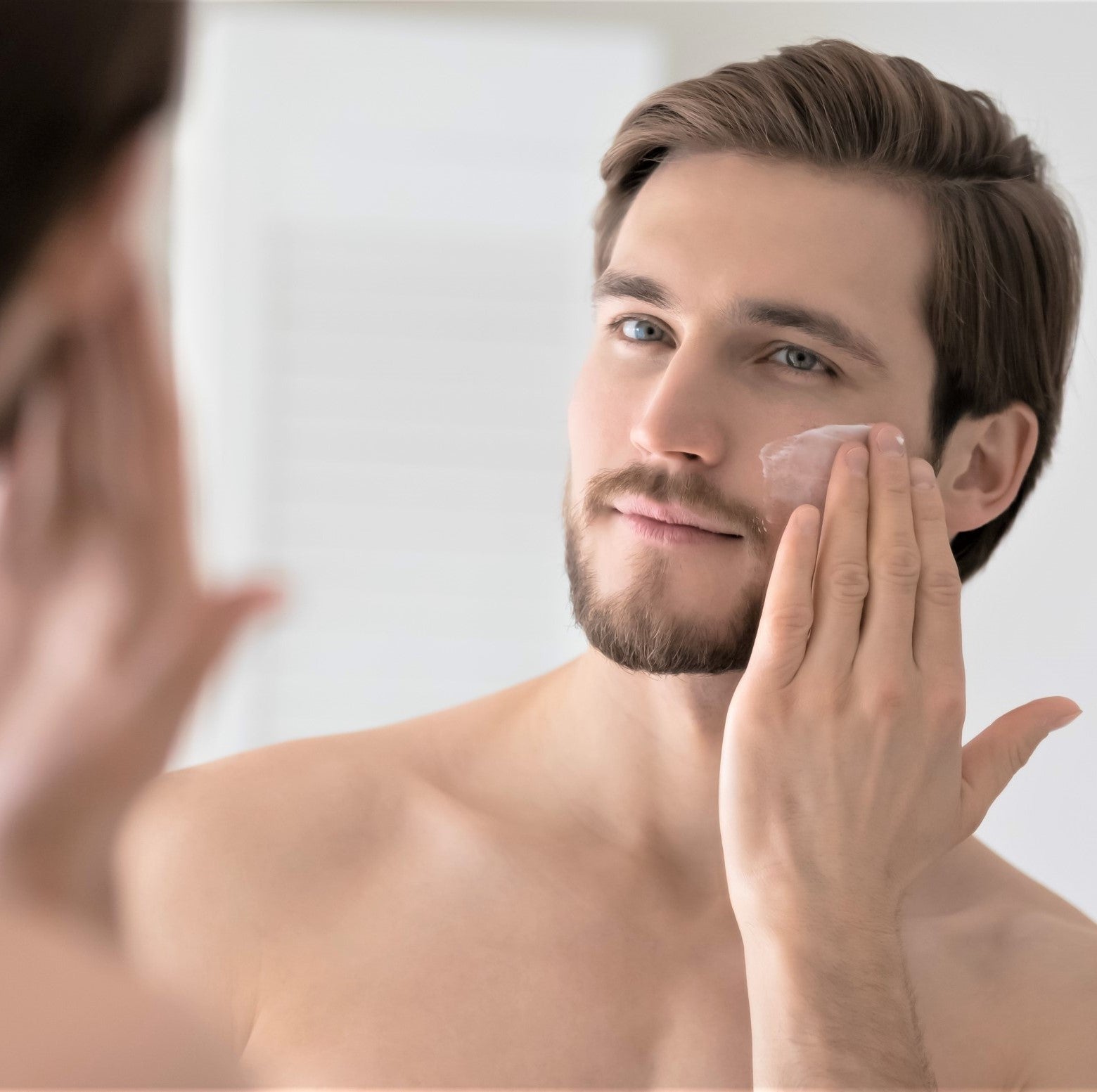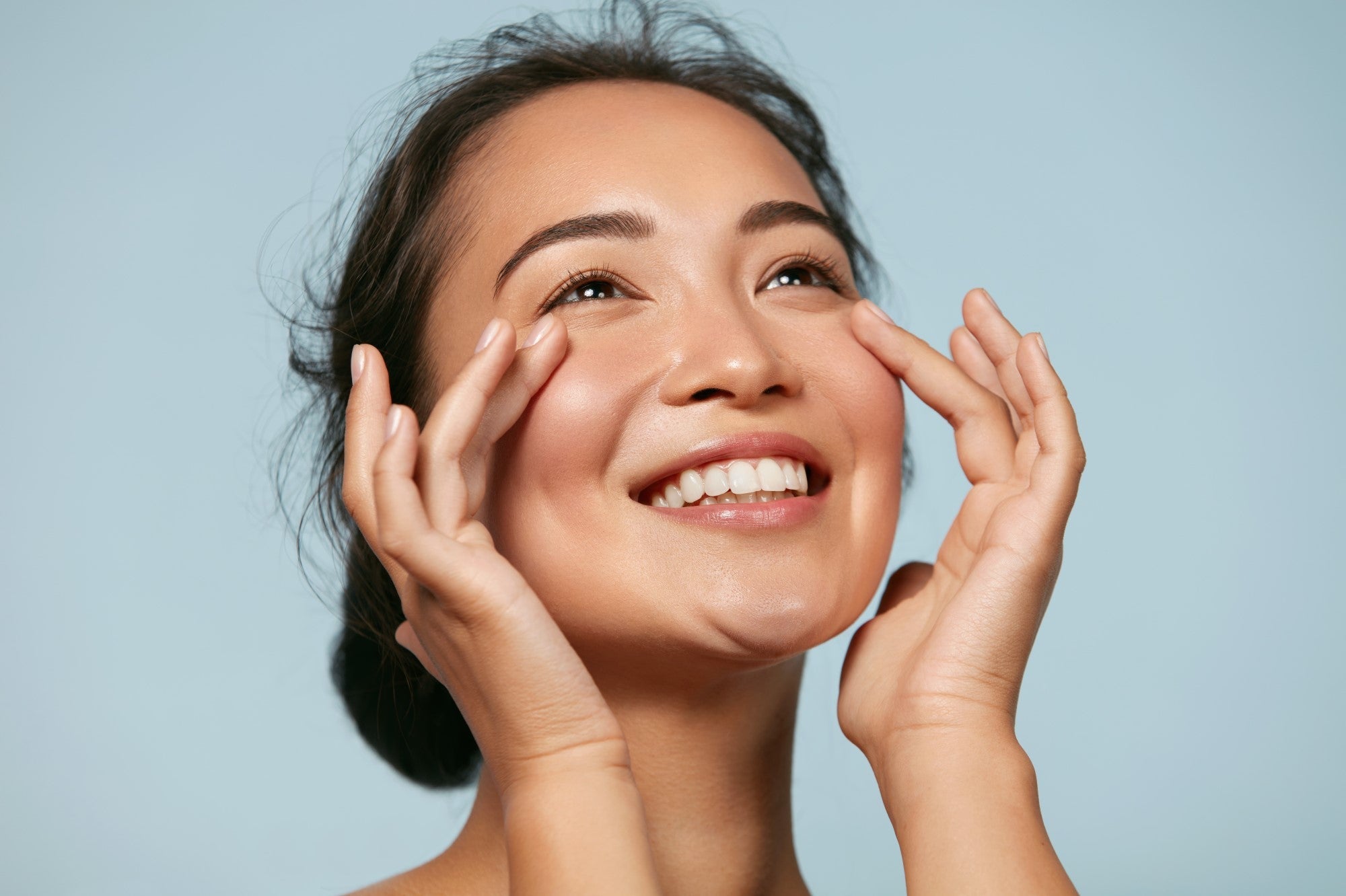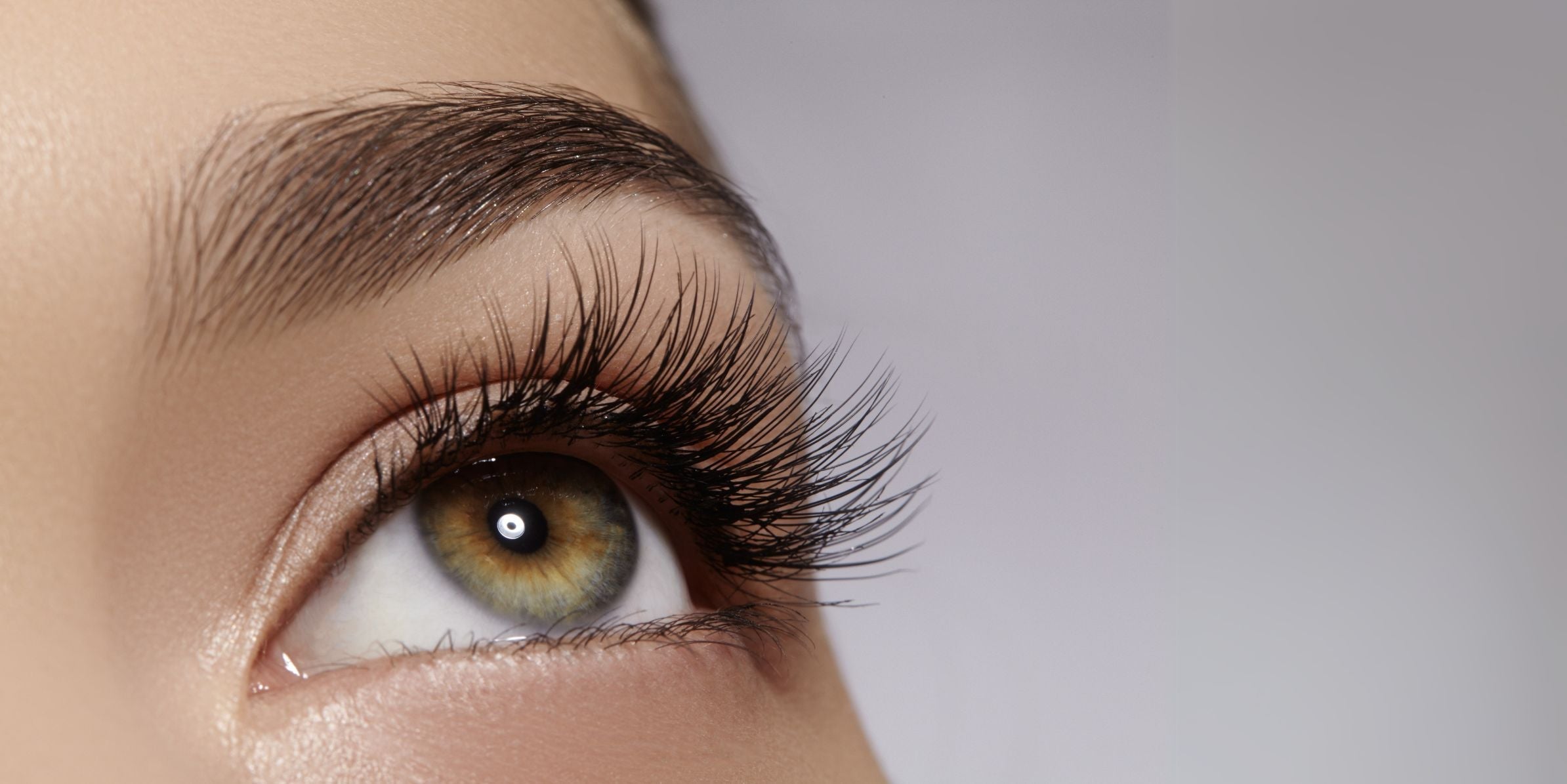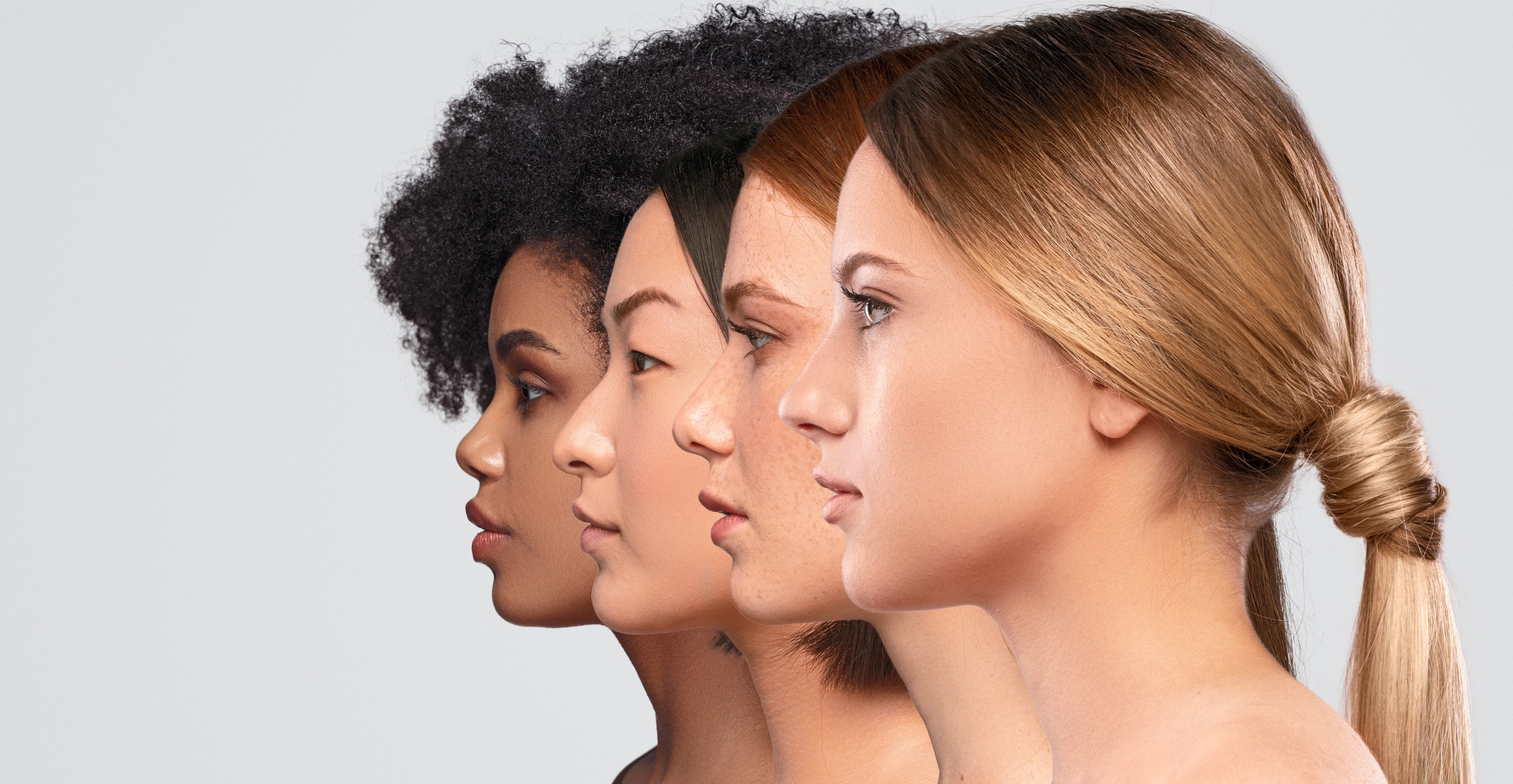Retinol is the It's the exfoliating, anti-ageing, anti-breakout that skincare experts love. However, a lot of us find the idea of adding Retinol to our routine a little daunting, especially when we hear some people's experiences of suffering from redness and dryness. It may put you off, but it shouldn't.
As long as you follow the directions with your Retinol serum, allow your skin time to adjust to the new ingredient and apply SPF every day, you will be fine.
What does Retinol do?
Retinol is well known as being incredible as an anti-ageing ingredient. Essentially it exfoliates, aids in the production of collagen and fights free radicals.
Are you looking to find out what the fact and fiction are about Retinol? Keep reading.
Retinol & Vitamin A the same thing
Yes, also known as Retinol, Vitamin A can help increase the appearance of firmness, diminish the look of fine lines and wrinkles, significantly improve uneven skin tone, smooth and finally refine the surface of the skin as well.
You shouldn't apply retinoid's during the day.
Exposure to UV light makes the product less active, which is why it is suggested to apply Retinol serums at night. Retinol is also prone to increase photo sensitivity in the skin, so it's essential to use an SPF every day.
You should start using retinol in your 20’s.
While there is no set time to start using retinol, most dermatologists introduce adding it into your routine in mid-twenties, especially if you suffer from acne or pigmentation. It is suggested that one uses retinol for three months, then takes a three-month break.
Retinoids do not thin the skin
Retinol actually thickens the skin, increasing cell turnover and collagen production for thicker, more youthful skin.
If we've convinced you to embrace the hero ingredient, here is our retinol serum.






